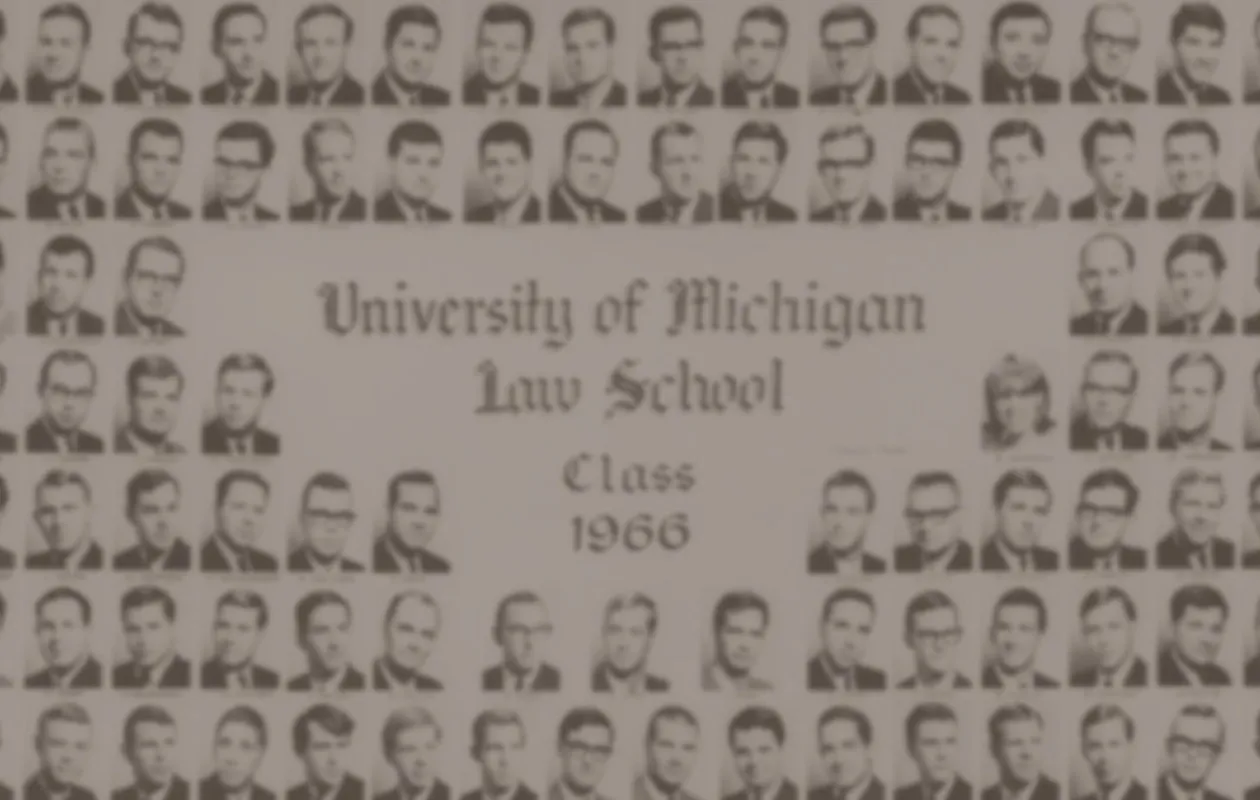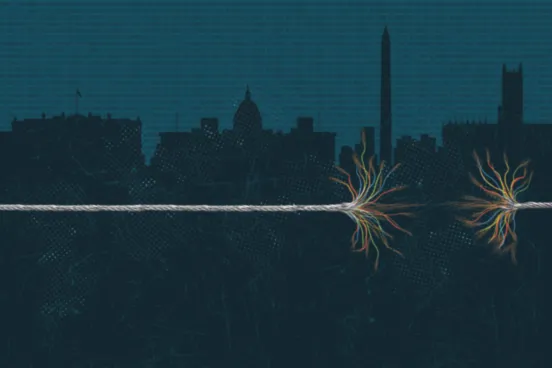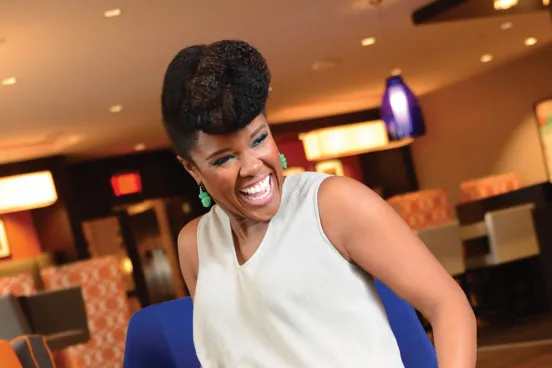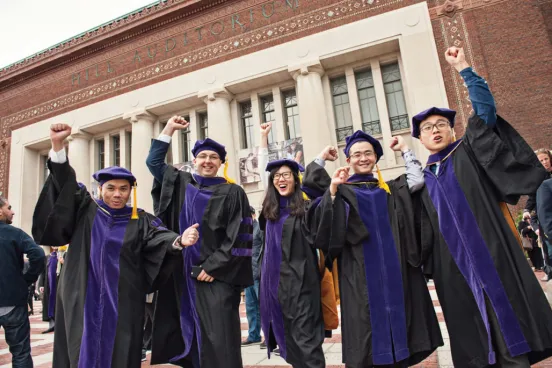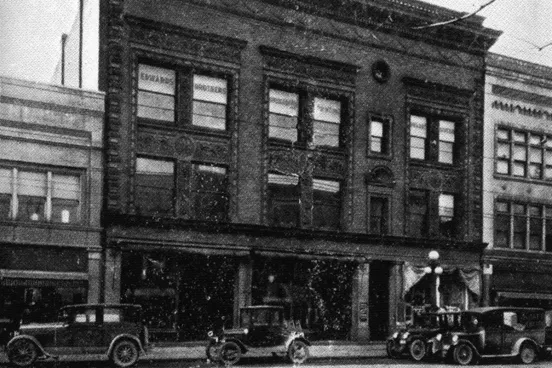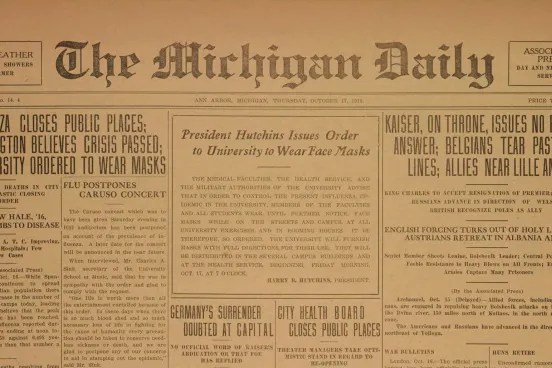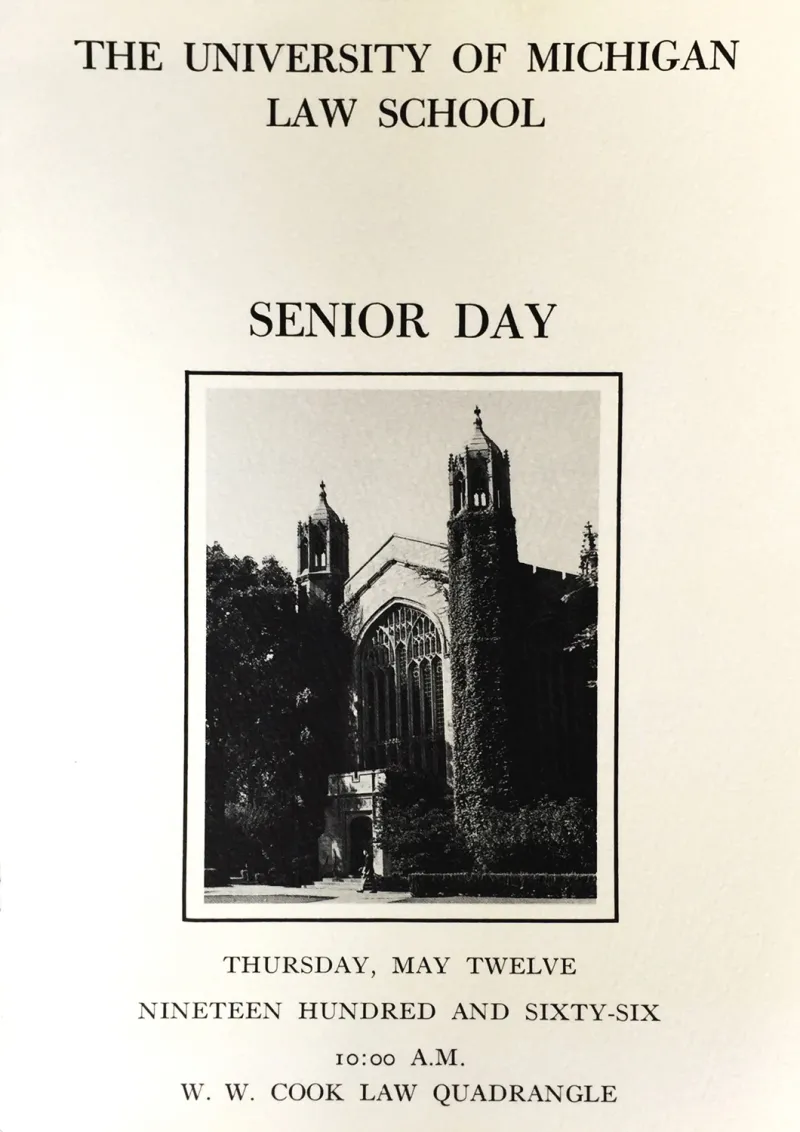
A man who would be immortalized by Tom Hanks many years later was the speaker at the first Senior Day of the University of Michigan Law School. That was 50 years ago, on May 12, 1966. I know. I was there.
Along with more than 300 others, I was a member of the Class of 1966 at the Law School. Academic year 1963–1964 was our first year inhabiting the William W. Cook Law Quadrangle and Ann Arbor.
A visit to Ann Arbor from then U.S. President Lyndon B. Johnson indirectly led to the first Senior Day. The University announced that the commencement speaker for all persons graduating from the University of Michigan in May 1964 would be President Johnson. Though I was two years away from my anticipated graduation, I was bothered by the scheduling.
What troubled me was that the commencement was being held one week before Law School finals concluded. That seemed inconsiderate. Wouldn’t many parents, grandparents, and others want to attend commencement and listen to the president of the United States give the address? Would the Law School seniors have to take time away from studying for their finals to host their families and friends?
Okay. I was not graduating in 1964. I did not have standing to object. Even if I did object it seemed unlikely the University would tell the U.S. president that there was a change of plans. So I set out to do what many attorneys do when they feel things need to change: I became annoying.
I decided to seek a separate commencement for the Law School. To request our own ceremony, I went to the dean of the Law School, Allan F. Smith. He was a kindly gentleman who later became a vice president and interim president of the University.
Knowing there is strength in numbers, I recruited some fellow students to accompany me on what became several meetings with Dean Smith and his successor, Acting Dean Charles W. Joiner. I wish I could remember all of my friends who accompanied me. They included, I believe, Sidney A. Brockley, George L. Jenkins, Thomas D. Geil, and Lawrence Backus. (I apologize to any friends I have excluded.)
That first meeting with Dean Smith was met with courtesy and … well, not exactly cynicism … an attitude of “Why would you want to do that?” To his credit, he listened and did not close the door on continuing the dialogue.
To a certain extent we had to repeat our request and the reasons for it when Acting Dean Joiner replaced Dean Smith. It was like having a new judge take over during a trial.
Eventually our request was granted. Our ceremony would be held after final exams were completed, and we could invite a speaker. There were some modifications to what I had envisioned. Instead of being labeled commencement, our special day would be called Senior Day. Instead of receiving our diploma, we would be handed a Certificate of Lawyer Membership in the Lawyers Club.
What about the speaker? This consumed quite a bit of discussion. Many names were mentioned. Among them was Richard Nixon, a former U.S. vice president and then a partner in a New York City law firm. He had come to Ann Arbor that year to interview law school students for his firm.
Another possible speaker was James Reston, the highly respected Pulitzer Prize-winning columnist with The New York Times. Whether too focused on studying or just plain ignorant, I embarrassed myself when Mr. Reston’s name came up because I did not recognize it.
Eventually it was decided to invite James Britt Donovan to speak at Senior Day, and he accepted. Yes, that James Donovan, the one portrayed by actor Tom Hanks in the 2015 film Bridge of Spies.
In 1957 Mr. Donovan defended Soviet spy Rudolf Abel. In 1962 Mr. Donovan was the lead negotiator with the Soviets in obtaining freedom for captured American pilot Francis Gary Powers. In a “what goes around comes around” scenario, Mr. Donovan negotiated with the Soviets to release Mr. Powers if the United States would release Mr. Donovan’s former client, Rudolf Abel. It led to the famous exchange on the Glienicke Bridge. That same year, Mr. Donovan traveled to Cuba, met with Fidel Castro, and began negotiations for the release of more than 1,000 prisoners held by Cuba. Those negotiations culminated in the 1963 release of nearly 10,000 men, women, and children—the prisoners, as well as their relatives and others.
On May 12, 1966, Mr. Donovan traveled again. He ventured to Ann Arbor and observed the release of more than 300 law school graduates. Obviously Mr. Donovan could not challenge us to do exactly what he did. That had been done. What he did was to challenge us to see the opportunities and challenges to come in our careers, to make the best of them, and to serve society.
As young lawyers do in the presence of senior attorneys, we listened. We did not negotiate, though some of us had done that previously with Dean Smith and Dean Joiner.
It was a special time in a special place.
Frank Hill was drafted into military service upon his graduation from Michigan Law and served more than five years in the Army and the Air Force. He joined a law firm in Michigan, eventually went in-house in the law division of the Lincoln National Corp. in Fort Wayne, Indiana, retired from Lincoln, and practiced law for several more years in Indiana before semi-retiring. He now teaches Commercial Law at Indiana University–Purdue University Fort Wayne and is the attorney for a six-county real estate association and multiple listing services.


